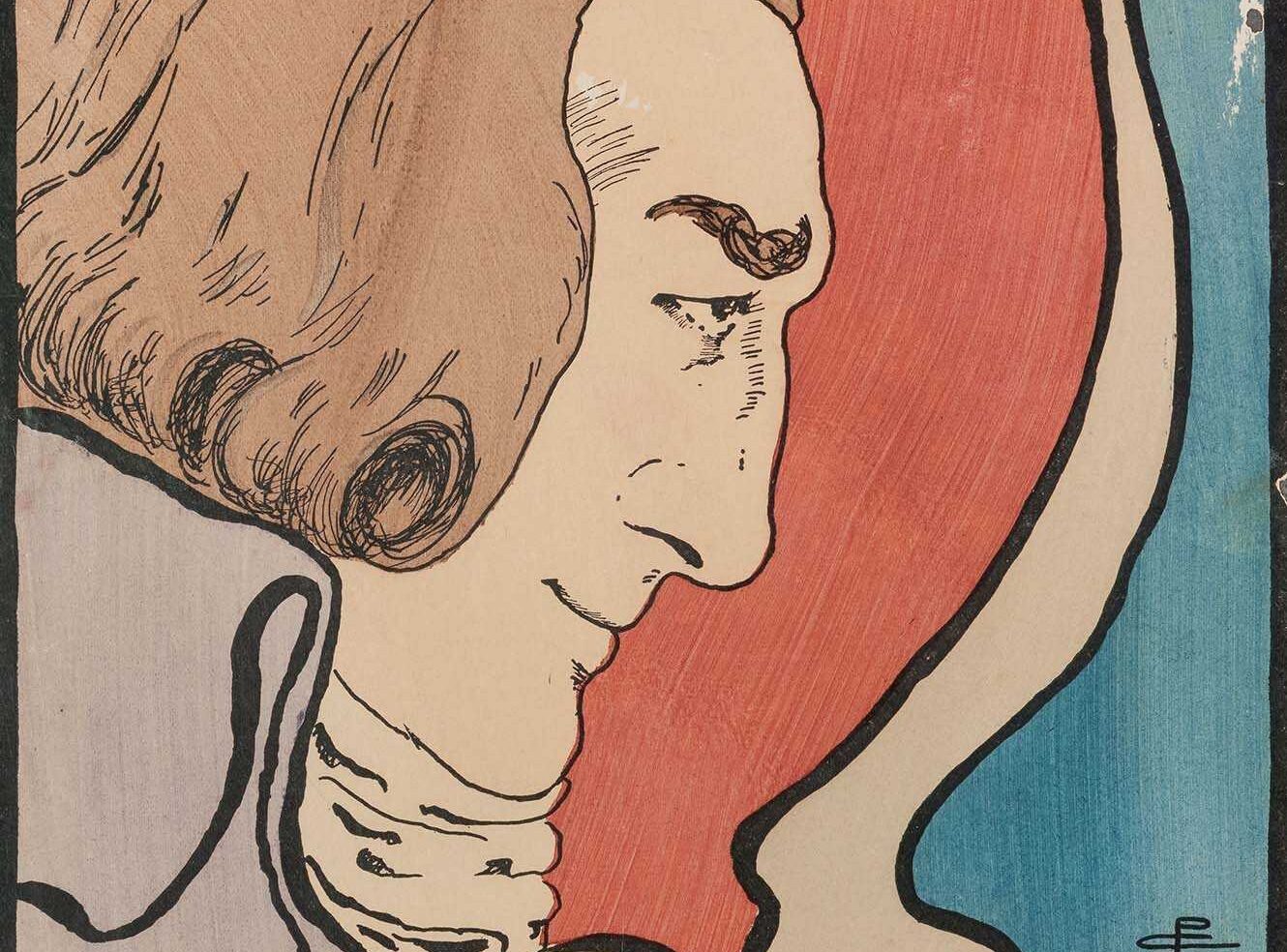The End of the World

Courtesy of Wikicommons.
“Ch’iaot’ou is a market of about 100 families and gives the impression of being the end of the world, as it is near the limit of settled Chinese penetration in those parts, and beyond is nothing but t’ussu ti, the wild tribal territory of the Sawbwas.”
In April 1941, British diplomat M. C. Gillett passed through the end of the world, or at least the end of Chinese civilisation. Some days earlier, on the 15th April, Gillett left the British consulate in Tengyueh, Yunnan Province to start a 900 mile tour of the rural lands. The whole trip took about three months and the goal was to “obtain first-hand information about the country”, liaise with Chinese officials, meet the “scattered” British expatriates and “show the flag”.
1941 was the third year of the Sino-Japanese War, a conflict which had run into stalemate after initial fighting had forced the Chinese Nationalists to relocate their capital to Chungking. Britain itself was also at war, fighting the Germans and Italians in Europe and North Africa. In the midst of this global conflict, Gillett set off to explore the villages of one of the remotest parts of China. To say he was a world away would be an understatement.
Although a diplomat by profession, his report is filled with anthropological observations of local tribes, such as the Lisu: “[They] are a well-built race of average height… As regards features the men often have an almost european [sic] cast… The women are not attractive.”

© The National Archives, Kew. Further reproduction prohibited without permission.
Overall, Gillett found the Lisus “a likeable and friendly race” with an “improvident habit of turning as much grain as they can into beer.” This wasn’t always the case, however. “Thirty years ago the traveller met with intervillage feuds, savagery, surliness, sometimes poisoned arrows and, on one occasion, death. Now one hears hymning…”
Although pleased with the transformation the Lisu had undergone, Gillett had mixed feelings about the Christian influence in the area. “I am no particular friend to missionaries: I admire their sincerity but deplore their bigotry…”
It was Christian bigotry which caused the decline of their native song, Gillet laments: “For the Demon Sex raises his ugly head in the Lisu songs, which the worthy Missionaries regard as horribly immoral.” On one evening he was lucky enough to chance upon a Lisu “sing-song”, which featured a man playing guitar while another man and three girls danced in the middle. “The Lisus have quite pleasant voices to our way of thinking, and the singing was quite beautiful, wild and entirely suited to the mountains.”
I wonder if Gillett reflected on the course of the war during this fire lit evening? It must have seemed so distant. While the world’s great civilisations were blowing themselves apart, Gillett sat in remotest Asia listening to the “wild, melodious chorus of those “heathen” Lisus echoing up the valleys.”
This Foreign Office file and many others will feature in our forthcoming collection, "1938-1948: Open Door, Japanese War and the Seeds of Communist Victory".
Recent posts

Foreign Office, Consulate and Legation Files, China: 1830-1939 contains a huge variety of material touching on life in China through the eyes of the British representatives stationed there. Nick Jackson, Senior Editor at AM, looks at an example from this wealth of content, one diplomat’s exploration of Chinese family relationships and how this narrative presented them to a British audience.

The Nineteenth Century Stage is a rich resource exploring the theatrical celebrities, artistry, and changing social roles of the era. It highlights Pamela Colman Smith, known for her Rider-Waite tarot illustrations and theatre work, whose influence shaped Victorian theatre. Despite being overlooked, her life and impact are vividly captured through striking art and intimate collections within this valuable resource.
